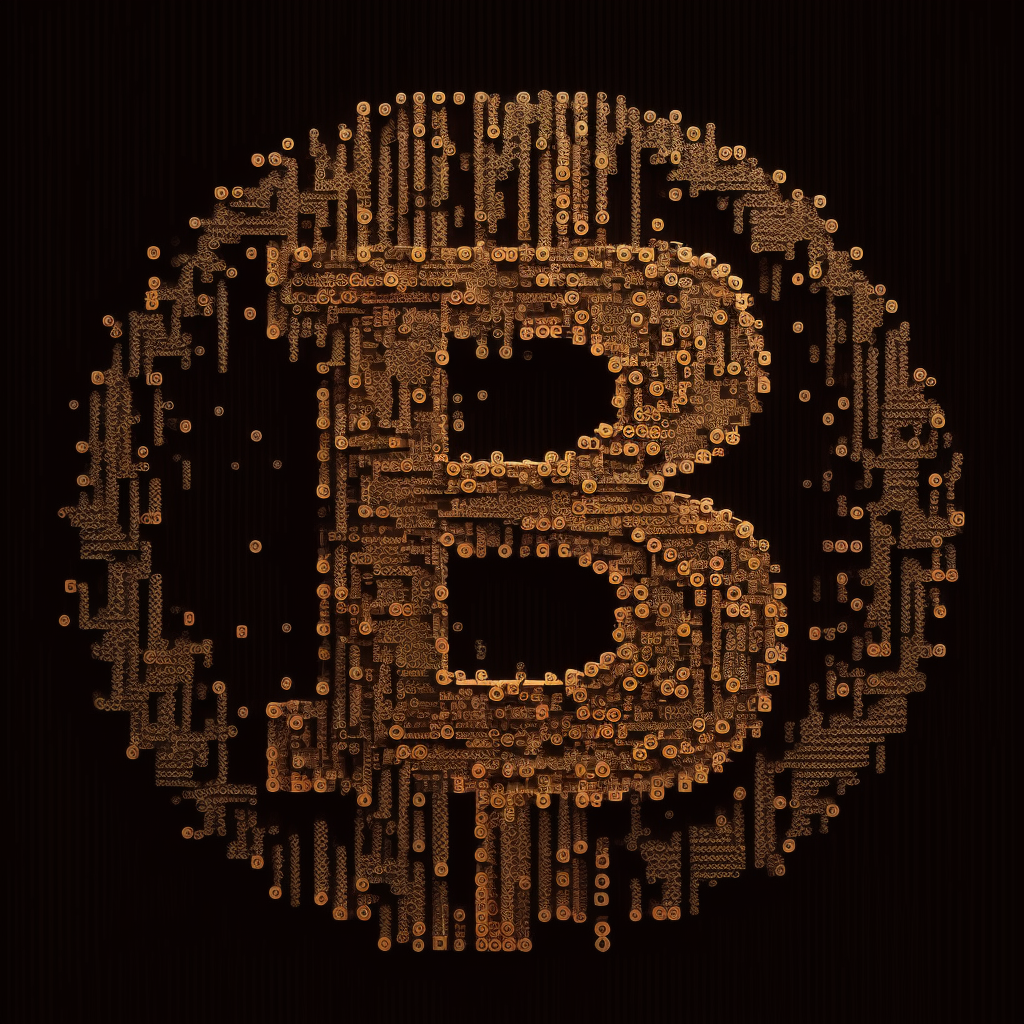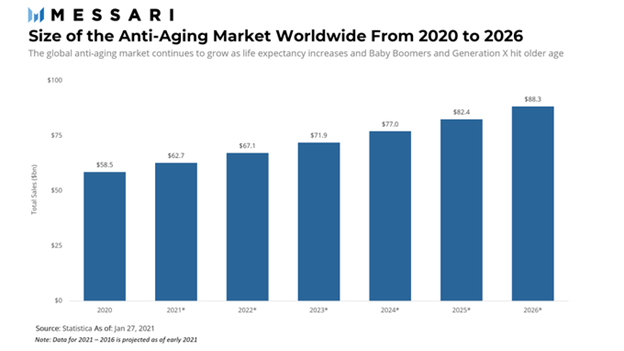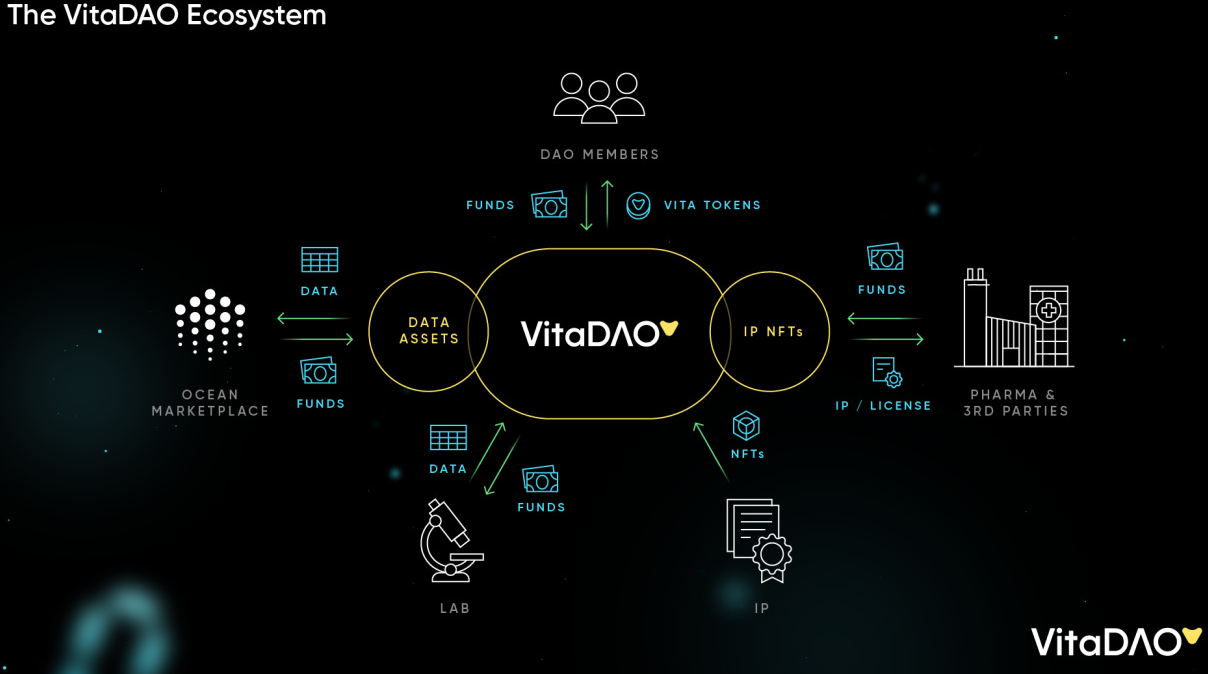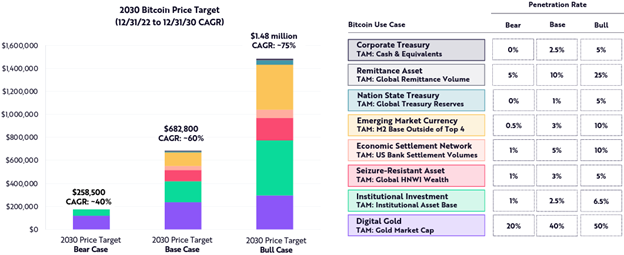Bitcoin’s Journey to JPEGs
Developer Makes NFTs on the Bitcoin Blockchain a Reality
NFTs have been linked to Bitcoin in the past through sidechains and layer-2s but never on the main Bitcoin blockchain, until now. A Bitcoin Core developer by the name of Casey Rodarmor recently released a blog post titled “Inscribing Mainnet” where he outlines how NFTs are ready for the Bitcoin Mainnet. Rodarmor names NFTs on the Bitcoin network “Inscriptions” which he stresses are a higher standard of NFTs called “Digital Artifacts”. In the post Rodarmor writes, “For an NFT to be a digital artifact, it must be decentralized, immutable, on-chain, and unrestricted. The vast majority of NFTs are not digital artifacts. Their content is stored off-chain and can be lost, they are on centralized chains, and they have back-door admin keys. What’s worse, because they are smart contracts, they must be audited on a case-by-case basis to determine their properties”.
Rodarmor’s protocol behind Bitcoin NFTs, titled “Ordinal Theory”, utilizes the smallest unit of account for Bitcoin called satoshis. Satoshis are 1/100,000,000 of a BTC and NFTs can be stored in the transaction signature of a satoshi. Users have already began using this new innovation and Bitcoin’s largest ever block/transaction was mined with an NFT inscribed this week.
Some people in the Bitcoin community are worried that adding NFTs directly to the Bitcoin blockchain will drive up transaction fees and the price of running a node. According to YCharts, the average transaction fee on the Bitcoin network hit its highest level since December 27th, 2022 on Thursday at $1.53 per transaction. This was almost a 100% increase within a week as the average transaction price sat at approximately $0.77 on Sunday January 29th.
Decentralized Social Networks are Becoming Mainstream
Last year, Twitter and Block Co-Founder, Jack Dorsey, donated ~$245,000 in Bitcoin (14 BTC at the time) to the decentralized network Nostr. The Nostr GitHub page describes the project as “the simplest open protocol that is able to create a censorship-resistant global ‘social’ network once and for all. It doesn’t rely on any trusted central server, hence it is resilient; it is based on cryptographic keys and signatures, so it is tamperproof; it does not rely on P2P techniques, therefore it works”. On Tuesday, a social network app, called Damus, became the first client leveraging the Nostr protocol to be listed on Apple’s App Store. The very next day, Damus was trending on the App Store as the 10th most downloaded application in the Social Networking category.
Hello top 10 👀 pic.twitter.com/TNHLFmAxmx
— Damus⚡️ (@damusapp) February 1, 2023
Being built on the Nostr protocol, Damus enjoys the censorship-resistant, resilient, and tamperproof characteristics mentioned above. It also utilizes end-to-end encryption, which messengers like WhatsApp, Telegram, and Signal also enable, to keep messages private and secure. On the crypto front, Damus features integration with the Bitcoin Lightning Network allowing for simple and seamless BTC payments.
VitaDAO Closes a $4.1 Million Funding Round to Focus on Human Longevity
VitaDAO made news this week by announcing it has closed a $4.1 million funding round which included investors like Pfizer Ventures and former CTO of Coinbase, Balaji Srinivasan. According to the VitaDAO website, the organization is focused on “collectively funding and advancing longevity research in an open and democratic manner”. The anti-aging market did $58.5 billion in product sales in 2020 and, according to research by Messari, is expected to increase by nearly 51% from the 2020 numbers to $88.3 billion by 2026.
As the name suggests, VitaDAO is structured as a Decentralized Autonomous Organization (DAO). DAOs are organizations of like-minded individuals that work together towards a common goal. Members can vote on how funds are spent, which can be governed by a permissionless and trustless blockchain, in VitaDAOs case Ethereum. Below is a graphic on how “The VitaDAO Ecosystem” will work:
According to the VitaDAO website, the VitaDAO token ($VITA), which allows holders to participate in governance, has a market cap of ~$20 million and the DAO has already invested $3.5+ million towards research. VitaDao is just one of the emerging communities in the Decentralized Science industry, coined “DeSci”. Sarah Hamburg of Future describes DeSci as the “intersection of two broader trends: 1) efforts within the scientific community to change how research is funded and knowledge is shared, and 2) efforts within the crypto-focused movement to shift ownership and value away from industry intermediaries”.
ICYMI:
Securitize Lists Hamilton Lane Equity Fund on Polygon
BlackRock Discloses a 7.2% Stake in Crypto Bank Silvergate
Strike Expands Lightning-Powered Remittances to the Philippines
FTX-backed NFT Company Airing $6.5 Million Super Bowl Commercial
Before We Go:
This week the Osprey Team dove into the ARK Invest “Big Ideas 2023” Report. The report was focused on emerging technologies that ARK believes will take-off in the remainder of the decade. Some of the technologies discussed include AI, NFTs, Digital Wallets, Public Blockchains, Smart Contract Networks, and Bitcoin (including price targets shown below):





